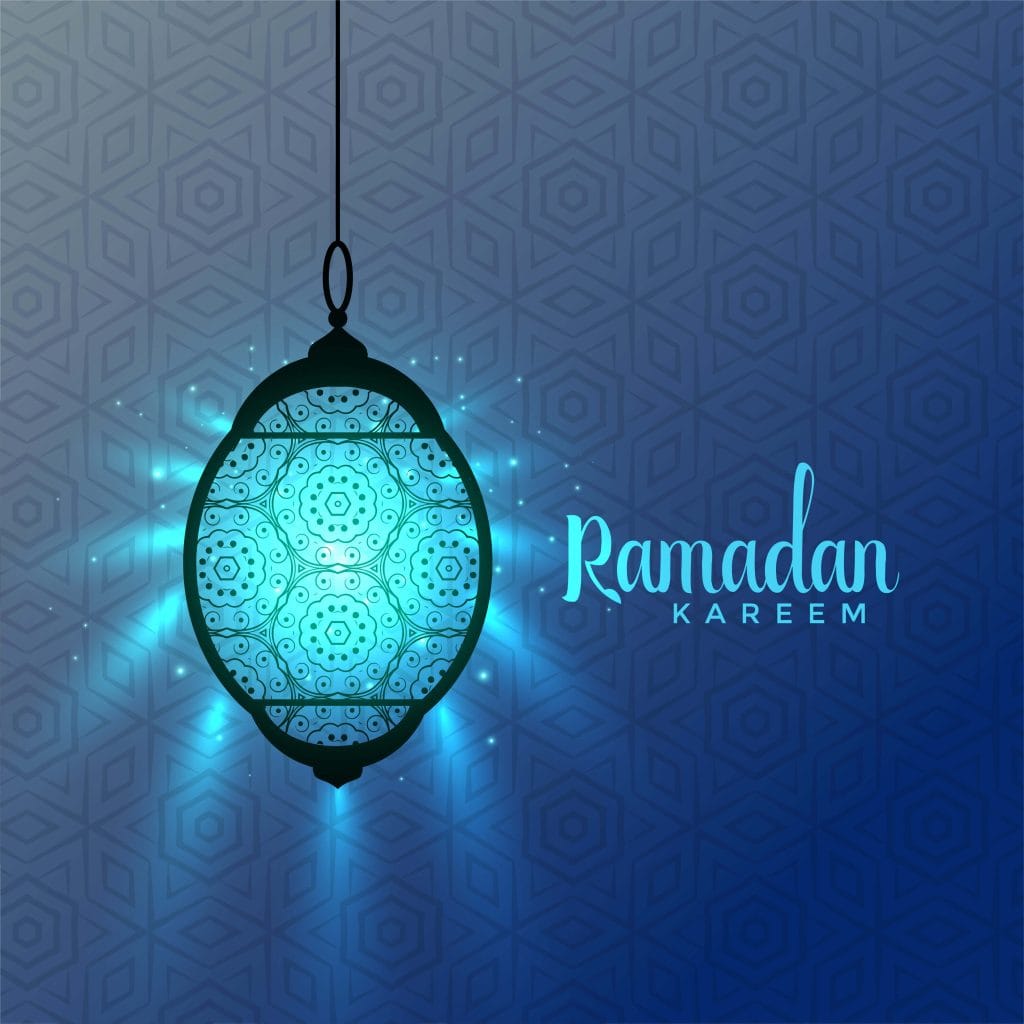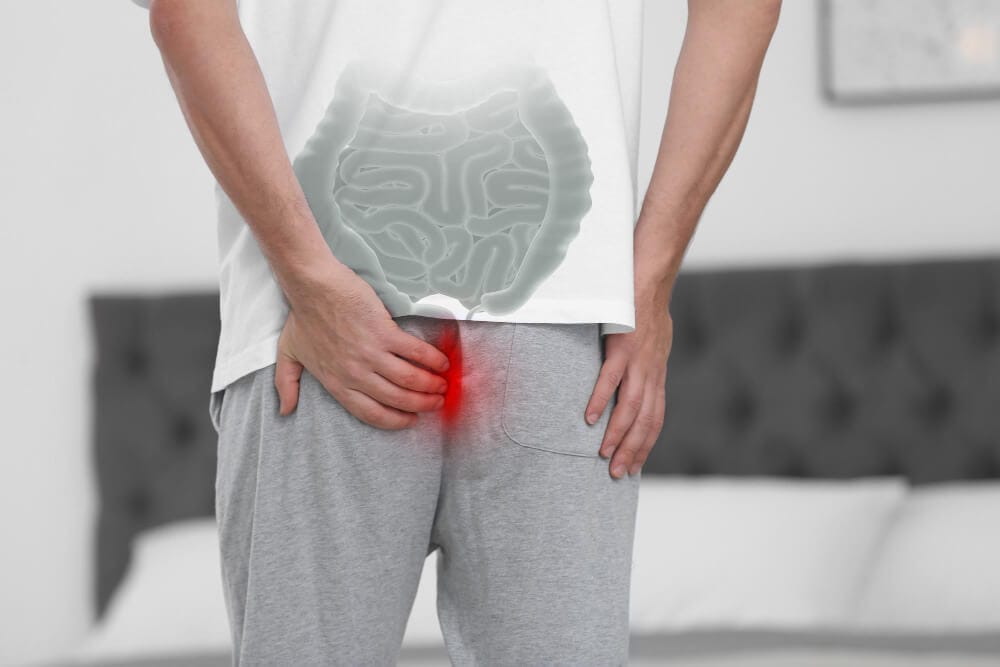Fasting during Ramadan is a significant spiritual activity, but it can pose challenges for individuals with fistulas. Yes, fistula management during Ramadan can be tough if you don’t know the right ways.
Understanding how to balance your religious obligations with health requirements is crucial. This post delves into effective strategies for fistula management during the holy month, ensuring you can participate in fasting while safeguarding your well-being.
We’ll explore practical tips and medical advice to help you navigate this period without compromising on your health or faith, aiming to provide peace of mind through informed decisions.
Fistula Management During Ramadan: Quick Tips
- Fasting during Ramadan is a significant practice for many, but it requires careful management for individuals with health conditions like fistulas. Adapting fasting practices to maintain health is crucial.
- Understanding the implications of Ramadan fasting on gastrointestinal disorders is essential. Individuals with a fistula should consult healthcare professionals to assess the risks and get personalized advice.
- Implementing specific strategies can make fasting with a fistula manageable. This includes adjusting the timing and composition of Suhoor and Iftar meals to ensure nutritional needs are met without exacerbating the condition.
- Maintaining overall health and well-being during Ramadan involves more than just managing dietary intake. Adequate hydration, sleep, and stress management are key components of a holistic health approach during fasting.
- The support of family and friends, along with professional health guidance, plays a vital role in successfully fasting with a fistula. Open communication about one’s condition and needs can facilitate better support and understanding.
- While fasting has its benefits, including positive self-perceived effects on health and spirituality, it’s important to balance these with the potential risks to physical health, especially for those with pre-existing conditions like fistulas. Ethical considerations and education on safe fasting practices are paramount.

Implications of Ramadan Fasting in Gastrointestinal Disorders
Fasting Effects
Fasting during Ramadan can impact the gastrointestinal system. For those with conditions like GERD or peptic ulcers, it’s crucial to understand these effects. The absence of food and drink for extended periods might aggravate symptoms.
For GERD patients, fasting may result in increased acid levels, leading to discomfort. Peptic ulcer sufferers could experience heightened pain due to prolonged stomach emptiness. It’s essential to monitor any changes closely.
Symptom Monitoring
Recognizing when symptoms worsen is vital. Look out for increased heartburn, stomach pain, or nausea as indicators of aggravated conditions. These signs suggest that your gastrointestinal tract is under stress.
Should you notice blood in vomit or stool, it indicates a more severe issue like ulcer complications or inflammatory bowel disease flare-ups. This requires immediate medical attention.
Seeking Advice
Understanding when to seek help is critical for maintaining health during Ramadan. If GERD symptoms persist despite precautions, consult a healthcare provider promptly.
Professionals can offer tailored advice on managing specific conditions while fasting safely. They might recommend adjustments in medication timing or dietary changes to mitigate risks.
Strategies for Fasting with a Fistula
Hydration Techniques
Hydrating properly is crucial when fasting, especially for those managing a fistula. Fluid intake should be maximized during non-fasting hours. Drink water slowly but consistently between Iftar and Suhoor.
Consider consuming foods high in water content. Examples include cucumbers, watermelon, and strawberries. These can aid in maintaining hydration without overloading the stomach.
Meal Adjustments
Adjusting your Suhoor and Iftar meals is key to optimal fistula care during Ramadan. Meals should be balanced, focusing on high-fiber foods to prevent constipation which can strain your fistula.
Incorporate lean proteins and healthy fats into your diet. They help maintain energy levels throughout the day. Avoid spicy or acidic foods that might aggravate duodenal ulcers or other gastrointestinal issues related to your fistula.
Monitoring Output
Monitoring your fistula’s output is essential while fasting. Any changes could indicate the need for medical attention or adjustments in fluid intake or diet.
If you’re undergoing hemodialysis, coordinate dialysis sessions around fasting times if possible. This helps manage fluid removal effectively without disrupting your fast.
By understanding these strategies—hydration techniques, meal adjustments, and monitoring—it becomes easier to fast safely with a fistula during Ramadan. Remember to consult healthcare professionals before making significant changes to your diet or fasting routine.

Maintaining Health and Well-being During Ramadan
Spiritual Balance
Fasting during Ramadan is a profound religious obligation. It requires balancing your spiritual practices with physical health needs, especially for those managing a fistula.
You must listen to your body’s signals. Adjusting the intensity of worship activities might be necessary if you feel weak or fatigued. Remember, Islam allows concessions for health reasons.
Consult with a knowledgeable religious leader about your situation. They can offer guidance on how to fulfill your spiritual duties without compromising your health.
Sleep Patterns
Adequate sleep is crucial during Ramadan. It helps in maintaining general well-being and supports the healing process for individuals with a fistula.
Try to maintain regular sleep hours even though night prayers extend late into the evening. Consider short naps during the day to compensate for lost sleep at night if possible.
The disruption in normal sleep patterns may affect your mood and energy levels, so it’s important to find a balance that works for you.
Physical Activity
Moderate physical activity is beneficial, even when fasting. Choose low-impact exercises such as walking or stretching that do not strain your body or exacerbate fistula complications.
Avoid strenuous workouts during fasting hours as they may lead to dehydration or worsen symptoms related to your fistula.
Dietary Management During Ramadan Fasting
Nutrient-Dense Foods
Choosing the right foods is crucial during Ramadan, especially for those managing a fistula. Nutrient-dense foods provide the energy and healing support your body needs without overburdening it.
Fruits, vegetables, lean proteins, and whole grains are excellent choices. They deliver vitamins, minerals, and other nutrients essential for health. For example, oranges and berries offer vitamin C which supports healing. Lean chicken or fish provides protein that helps repair tissues.
Avoid high-fat meals as they can slow down stomach contents’ movement. This could be problematic with a fistula present.
Fiber and Timing
Fiber plays a significant role in digestive health when fasting with a fistula. It helps manage bowel movements and prevents complications like constipation.
Incorporate fiber-rich foods such as oats, lentils, apples, and carrots into your diet. However, balance is key to avoid any discomfort due to too much fiber intake at once.
Meal timing also affects how well you absorb nutrients during Ramadan fasting.
- SuhoorThe pre-dawn meal should be rich in complex carbohydrates like whole grain breads or cereals to provide sustained energy.
- IftarThe meal after sunset should start with easily digestible foods such as soups or dates before moving onto larger portions of nutrient-dense foods mentioned earlier.
By carefully selecting certain foods based on their nutrient content and dietary fiber while considering optimal times for consumption; you can maintain dietary management effectively during Ramadan fasting practices even while managing conditions like IBD or fistulas.

Family Support and Health-Seeking Behavior
Emotional Support
Family members play a critical role in your journey through Ramadan. They provide emotional support that is crucial for maintaining motivation. Your family can help you feel understood and less alone in your health challenges.
Communicating with loved ones about your health needs is essential. It ensures they know how to best support you during fasting. Open discussions about dietary restrictions and the importance of health outcomes can lead to more supportive behaviors from them.
Dietary Support
Your family’s involvement in meal planning can greatly influence your ability to fast safely. They can assist in preparing nutritious meals that align with medical advice, thus supporting your health care needs.
Incorporating lifestyle changes recommended by health care practitioners becomes easier with family backing. For example, modifying traditional Ramadan dishes to meet nutritional guidelines helps maintain improved health while observing the fast.
Professional Guidance
It’s important not only to rely on familial support but also seek professional guidance when needed. Health care professionals can offer tailored advice based on medical conditions, family history, and other relevant factors.
Regular consultations ensure any necessary adjustments are made promptly, reducing risk factors associated with fasting during Ramadan. This proactive approach aids in managing disease severity and potential comorbidities effectively.
Positive and Self-Perceived Side Effects of Fasting
Spiritual Fulfillment
Fasting during Ramadan can boost your spiritual fulfillment. This beneficial effect is not just about abstaining from food. It’s a time for reflection, prayer, and community. You may notice an uplift in your mental health as you connect more deeply with your faith.
The sense of community strengthens. Sharing the fasting experience brings people closer. Many find peace and happiness in these shared moments.
Personal Growth
Fasting challenges you. It tests self-discipline and personal growth. The effort to maintain fast despite hunger shows strength.
You learn about endurance and resilience through this practice. These lessons extend beyond Ramadan into everyday life.
Body Image Perception
Many report positive changes in how they see their bodies due to fasting.
- Some feel healthier or more content with their weight.
- Others appreciate the break from constant eating, noting an improvement in digestion or energy levels.
However, it’s crucial to approach fasting safely, especially if managing conditions like diabetes or symptoms related to fistulas.
- Monitor symptoms closely.
- Consult healthcare providers before starting the fast.
Final Note From Dr. Rajarshi Mitra
Navigating the holy month of Ramadan with a fistula presents unique challenges, but armed with the right strategies and support, you can maintain both your spiritual and physical health.
The sections above have guided you through understanding the significance of fasting, managing a fistula during this period, and ensuring your well-being through dietary management, family support, and awareness of potential side effects. Remember, education on ethical considerations is crucial for informed decision-making.
Your journey doesn’t end here. Consult with a healthcare professional to tailor these strategies to your specific needs. Embrace family support and engage in community resources for additional guidance. Let this Ramadan be a testament to your resilience and commitment to health.
Share your experiences and insights to inspire others navigating similar paths. Together, you can observe a fulfilling Ramadan while prioritizing your health.
FAQs
Can I fast during Ramadan if I have a fistula?
Fasting with a fistula during Ramadan is possible, but it requires careful planning and consultation with a healthcare provider to ensure your health isn’t compromised. Tailored strategies and close monitoring are essential.
What dietary management should be considered during Ramadan for someone with a fistula?
Opt for nutrient-dense, easy-to-digest foods at Suhoor and Iftar that provide sustained energy and support healing. Avoid spicy, acidic, or hard-to-digest foods that might irritate the fistula.
Are there any positive side effects of fasting on health?
Yes, many individuals report improved digestion, weight loss, better blood sugar control, and enhanced mental clarity as positive side effects of fasting during Ramadan.



















